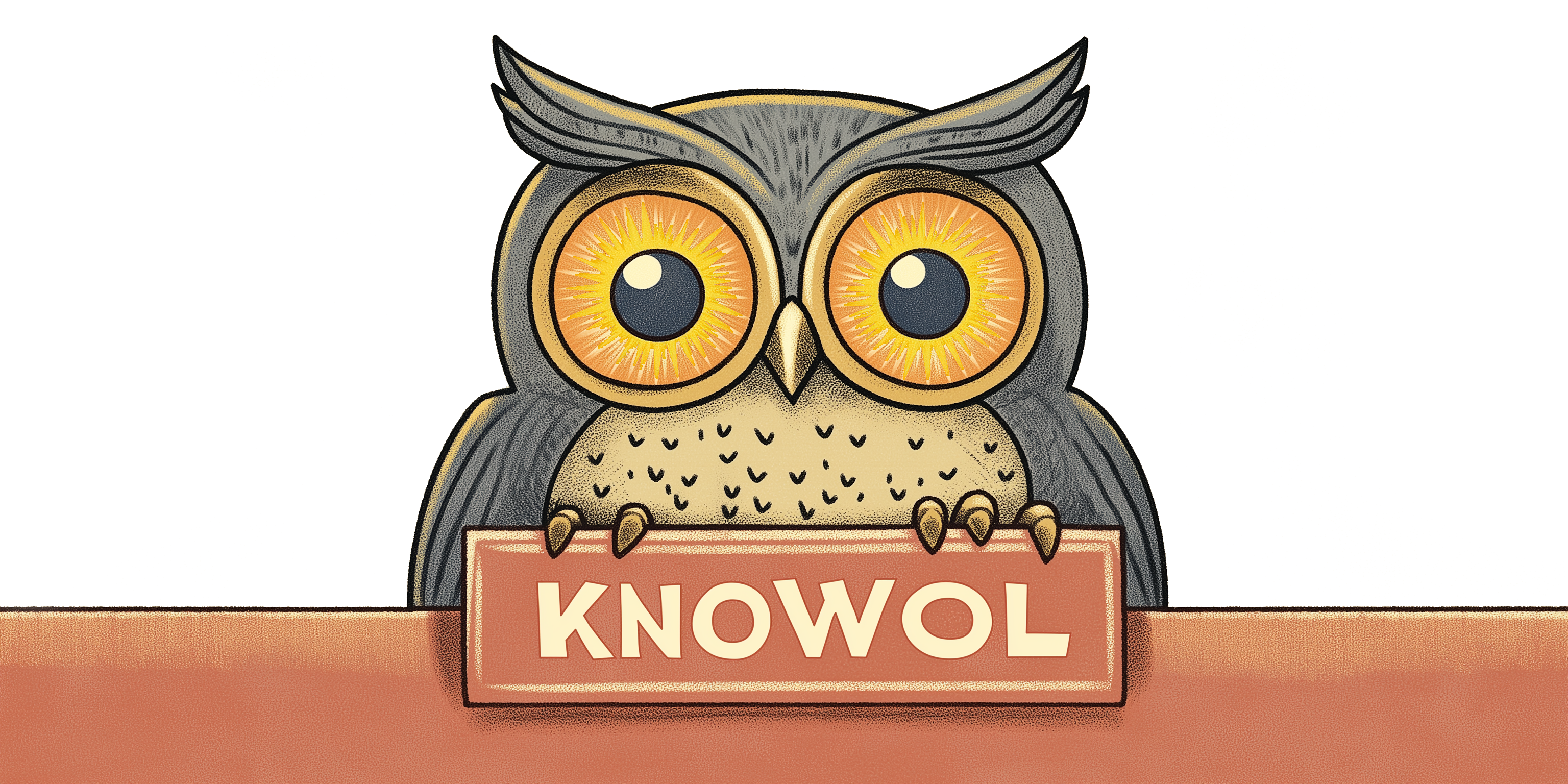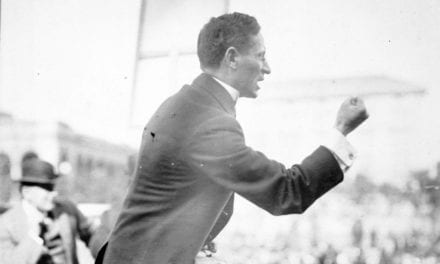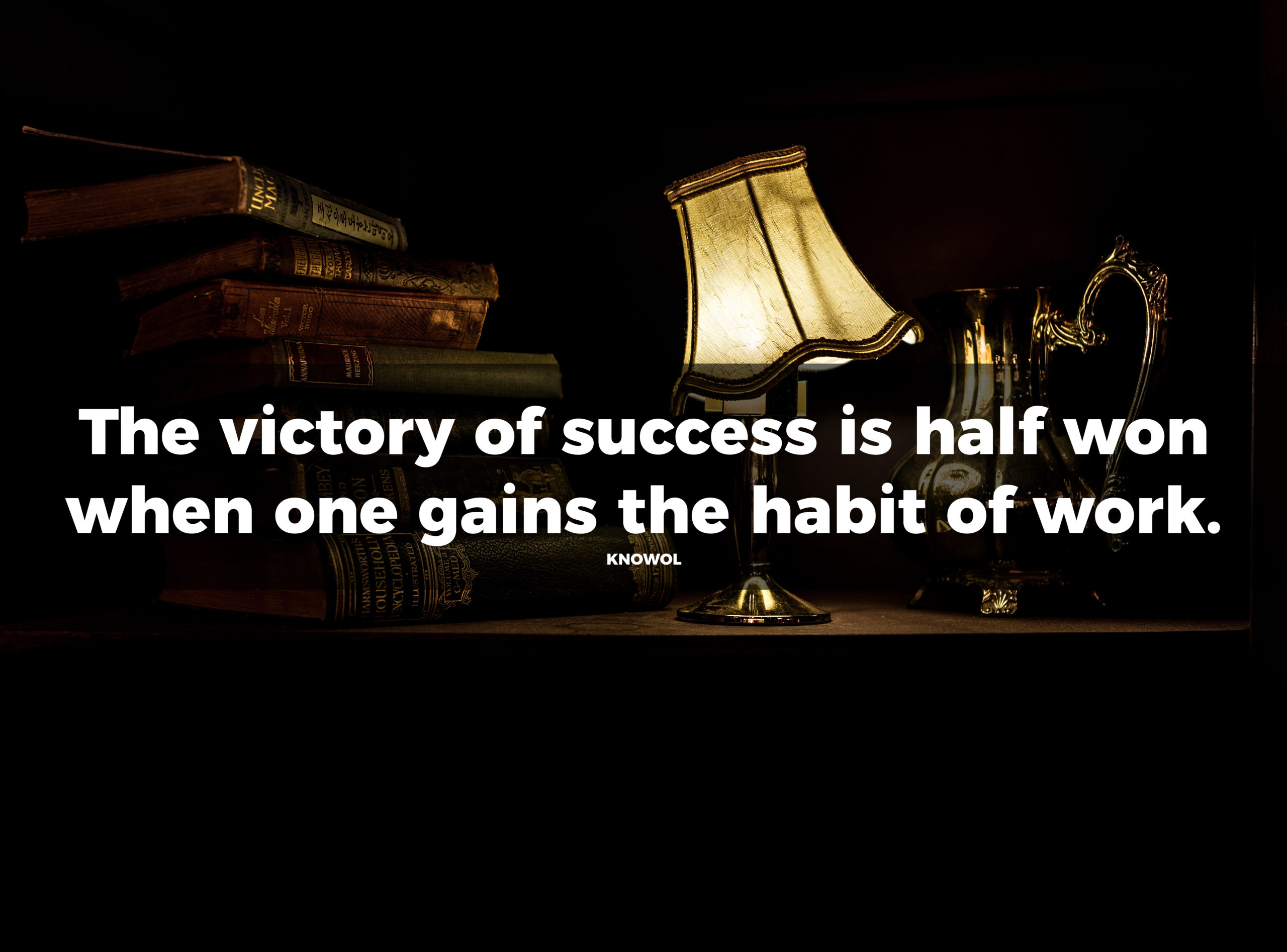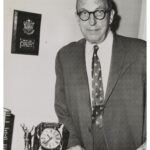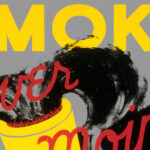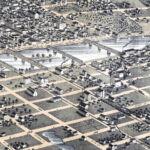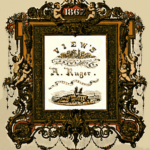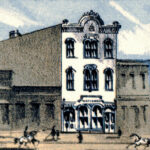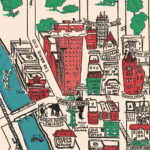If you were going to risk your reputation, your material comforts, and your future for some great physical or mental goal, you would start training and disciplining yourself long beforehand for the hardships ahead of you. You wouldn’t go into it handicapped, if it was possible to avoid it.
When attempting something great that affects your whole future, the first thing to do is get absolute freedom from everything that stifles ambition, discourages effort, and hinders progress; free yourself from everything that saps vitality, enslaves faculties, and wastes energy.
Get every obstacle out of the way and have a clear path to your goal.
YOU CAN NOT WIN THE RACE WITHOUT TRAINING
No matter how ambitious a runner is to win, if he does not train off his surplus fat, or if he insists upon wearing an overcoat, or is hampered with other extra clothing, or runs with cramped or sore feet, his race is lost.
The trouble with most of us is that, while ambitious to succeed, we do not put ourselves in a condition to win, we do not cut the cords which bind us, or try to get rid of the entanglements and obstructions that hinder us. We trust too much to luck.
To eliminate everything that can possibly slow us, to get into as harmonious an environment as possible, is the first preparation for a successful career.
There are tends of thousands of people who have ability and inclination to rise out of mediocrity, and to do something worth while in the world, but who never do so because they can not break the chains that bind their movements.
Most of us are so bound, in some part of our nature, that we can not get free, can not gain liberty to do the larger thing possible to us. We go through life doing the smaller, the meaner, when the larger, the grander would be possible to us could we get rid of the things that handicap us.
THE FAULT THAT NULLIFIES ALL OUR EFFORTS
Most of us do not prepare for a large career because we do not expect enough of ourselves. Our foundations are entirely too narrow. And we do not cut off the multitude of things that distract our attention from that concentration of effort that is essential.
Every normal man has that reserve power within him, a mighty coil of force and purpose, which would enable him to make his life strong and complete, were he free to express the best and the strongest things in him, were he not fettered by some bond, physical or moral.
You can tie a strong horse with a very small cord. He can not show his greatest speed or strength till he is free. On every hand we see people, with splendid ability, tied down by some apparently insignificant thing which handicaps all their movements. They can not go ahead until they are free.
Some people live in a cramped and uncongenial environment, in an atmosphere which dampens enthusiasm, discourages ambition and effort, scatters energy, and wastes time. They have not the courage or stamina to cut the shackles that bind them, to throw away all crutches and props, and to rely on themselves and get into an environment where they can do what they desire. Their ambition finally dies through discouragement and inaction.
A giant would be a weakling if he were confined in so small a space that he did not have room to exert himself with freedom. The great majority of people work in cramped, uncongenial, unfavorable environments. They do not get rid of things that rob them of power.
THE CALL THAT RUNS IN THE BLOOD
I recall the case of a youth with artistic talent who let precious years go by, drifting by accident from one vocation to another, without encouraging his God-given ability or making any great effort to get rid of the little things which stood in the way of a great career, although he was always haunted by an unsatisfied longing for it.
He was conscientious in his everyday work, but his heart was never in it. His artistic nature yearned for expression, to get away from the work against which every faculty protested, and to go abroad and study; but he was poor, and, although his work was drudgery and his whole soul loathed it, he was afraid of the hardships and the obstacles he would have to encounter if he answered the call that ran in his blood. He kept resolving to break away and to follow the promptings of his ambition, but he also kept waiting and waiting for a more favorable opportunity, until, after a number of years, he found other things crowding into his life.
His longing for art became fainter and fainter; the call was less and less imperative. Now he rarely speaks of his early aspirations, for his ambition is practically dead. Those who know him feel that something sacred and grand has gone out of him, and that, although he has been industrious and honest, he has never expressed the real meaning of his life, the highest thing in him.
I know a woman who in her youth and early womanhood had marked musical ability – a voice rich, powerful, divine. She had also a handsome, magnetic personality. Nature had been very generous to her in bestowing rare gifts, and she longed to express her remarkable powers, but she was in a most discouraging environment. Her family did not understand her or sympathize with her ambition; and she finally became accustomed to her shackles and, like a prisoner, ceased to struggle for freedom.
A songstress of international fame, who heard her voice, said that she had it in her to make one of the world’s greatest singers. But she yielded the wishes of her parents and the fascinations of society until the ambition gradually died out of her life. She says that this dying of the great passion was indescribably painful.
She settled down to the duties of a wife, but has never been really happy, and has always carried an absent, far-away look of disappointment. Her unused talent was a great loss to the world, and a loss indescribable to herself. She has been dragging out an unhappy, dissatisfied existence, always regretting the past, and vainly wishing that, instead of letting her ambition die, she had struggled to realize it.
ABNORMAL TIMIDITY IS FATAL
Timidity also hinders freedom. Thousands of able young men and young women in this country are ambitious to make the most of themselves, but are fettered completely, or held back, by an abnormal timidity, a lack of self-faith.
They feel great unused powers within, struggling for expression, but fear that they may fail. The fear of being thought forward or egotistical seals their lips, palsies their hands, and drives their ambition back upon itself to die of inaction. They do not dare to give up a certainty for an uncertainty; they are afraid to push ahead. They wait and wait, hoping that some mysterious power may liberate them and give them confidence and hope.
Many people are imprisoned by ignorance. They never get the freedom which education gives. Their mental powers are never unlocked. They have not the grit to struggle for emancipation, the stamina to make up for the lack of early training, or they think they are too old to begin. The price of freedom seems too high to pay at their time of life, and so they plod upon a low plain when they could have gained the heights where superiority dwells.
Others are bound by superstitions or by the fetters of prejudice which make their lives narrow and mean. These are the most hopeless of all. They are so blinded that they do not even know they are not free, but they think other people are in prison.
ABILITY KEPT CHAINED UP
It is a terrible thing to go through life with chained ability, conscious of powers that can not be used to advantage.
To make the most of ourselves, we must cut off whatever drains vitality – physical or moral – and stop all the waste of life. We must cut off everything which causes friction, or which tends to make our efforts weaker or to lower the ideal and drag down the life standards, everything which tends to kill the ambition or to make us satisfied with mediocrity.
Multitudes of people, enslaved by bad physical habits, are unable to get their best selves into their work. They are kept back by a leakage of energy and vital force, through bad habits and dissipation.
Some are hindered by little peculiarities of disposition, by stubbornness, slovenliness, meanness, revengefulness, jealousy, or envy. These are all handicaps.
Many people go through life galled by their chains, without making any serious, continuous effort to emancipate themselves. Like the elephants or other wild animals chained in the zoo, at first they rebel at their loss of freedom and try hard to break away; but gradually they become accustomed to slavery, and take it for granted that it is a necessary part of their existence.
Then, again, there are entanglements which slow the progress and nullify the efforts of many business men, such as debt, bad partners, or unfortunate social alliances. Comparatively few men belong to themselves or are really free. They go the way they are pushed. They spend a large part of their energy for that which does not really count in the main issue of life; spend their lives paying for “a dead horse,” clearing up old debts that came from bad judgment, blunders, or foolish endorsements. Instead of making speed, and gaining on life’s road, they are always trying to make up for lost time. They are always in the rear, never in the vanguard of their possibilities.
An ambitious young man, anxious to do what is right and eager to make a place for himself in the world, entangles himself in complications that thwart his life-purpose and cripple all his efforts; so that, no matter how hard he struggles, he is never able to get beyond mediocrity. Hopelessly in debt, with a family to support, there is no possibility of this taking advantage of the grand opportunities all around him if he were only free, if he had not risked his little savings and tied up his future earnings for many years. His great ambition only mocks him,f or he can not satisfy it. He is tied hand and foot; like a caged eagle, no matter how high he might soar into the ether, he must stop when he strikes the bars.
The man who trusts everybody is constantly crippling himself by entangling alliances. He endorses loans, gives money, helps everybody out, and usually gets left, he ties up his productive ability and hampers his work by having to pay for his poor judgment or lock of business sense. A most estimable man of my acquaintance was ruined financially by endorsements and loans, which would have been absolutely foolish even for a fifteen year old boy. For many years it took every dollar he could spare from the absolute necessities of his family to pay up.
Our judgment was intended to preside over all our mental faculties, to keep us from doing foolish things and enable us to do the wise thing. That man wins, who keeps a level head, and uses sound judgment in every transaction.
Do not get involved, whatever you do. Make this a life rule: to keep yourself clean and clear, with everything snugged up. Before you go into anything of importance think it through to the end; make sure that you know where you are coming out. Do not risk a competence, or risk your home and your little savings, in the hope of getting something for nothing. Do not be carried away by the reports of those who happen to make a great deal for a little in some venture. Where one makes, a hundred lose.
THE DELUSION OF TAKING A “FLYER”
Tens of thousands of our businessmen are crippled for years paying up old notes or debts, which often represent nothing but foolish investment, or something which they went into without thought, expecting to make a little money on the side. There is no greater delusion in the world, than that of putting out a little “flyer,” here and there, thinking that you will make a few hundreds or a few thousands outside of your specialty.
If you can not make money in the thing which you have chosen for a life-work, and in which you have become an expert; if you can not get rich in the thing which you are watching every day of your life and while looking after every detail, how can you expect that somebody else is going to take your money and give you a tremendous return for it, where it will not get your personal supervision?
I know a lawyer in New York, now a millionaire, who worked most of his way through college, and who came here an utter stranger, taking a little desk room in a broker’s office near Wall street, who, at the outset, made it a cast-iron rule that he would always keep himself free from debt and entangling alliances.
By this inflexible rule, he often lost splendid opportunities which would have brought him excellent returns, but he has never tied himself up in any transaction. The result is that he has not worried himself to death; but has kept his strength, and nearly every enterprise he has gone into has been very successful, because he has not touched anything unless he could see through to the end and knew how he would come out – taking into consideration possible shrinkage, accident, and loss. Nor has he touched anything, until he could see capital or credit enough to ensure its success, before he started.
In this way, although he has never made any very brilliant strides or “lucky hits,” and has not gone up by leaps and bounds, he has never had to undo what he has done, and has always kept in a sure position. He has gained the confidence not only of men in his profession, but also of capitalists, men of wealth, who have entrusted large sums to him because he has always kept a level head, and kept free from entanglements.
People know that their business and their capital will be safe in his hands. Through steady growth and persistent pushing of practical certainties, he has not only become a millionaire, but a broad, progressive, comprehensive man of affairs.
Develop your judgment early; fully exercise your caution until it becomes reliable. Your judgment is your best friend; common sense your great life partner, given you to guide you and to protect your interests.
If you depend upon these three great friends, sound judgment, caution, and common sense, you will not be flung about in a lifetime of misery, getting only a precarious living.
If you would attain that largeness of life, that fullness of self-expression which expands all the faculties, you must get freedom at any cost.
Nothing will compensate you for stifling the best thing in you. Bring it out at any sacrifice. It often takes a great deal of friction, of suffering, of struggling with obstacles and misfortunes, before the true strength of one’s character is revealed, as the diamond can never reveal its depths of brilliancy and beauty, except by the friction of the stone which grinds its facets, polishes it and lets in the light which reveals its hidden wealth, this is the price of its freedom, its liberation from darkness.
Ask the majority of men and women who have done great things in the world, to what they owe their strength, their breadth of minds, their expansion of experience which has enriched their lives. They will tell you that these are the fruits of struggle; that they got their finest discipline, their best character drill, in the effort to escape from an uncongenial environment; to break the bonds which enslaved them, to get an education, to get away from poverty, to carry out some cherished plan, to reach their ideal, whatever it was.
The efforts we are obliged to make, to free ourselves from the bonds of poverty, of heredity, of passion or prejudice, whatever it is that holds us back from our heart’s desire, calls to our aid spiritual and physical resources which would have remained forever unused, perhaps undiscovered, but for the necessity thrust upon us.
Unsatisfied longings and stifled ambitions eat away the very heart of desire. They sap the strength of character, destroy hope, and blot out ideals. They play havoc with the lives of men and women, they make them mere shells, empty promises of what they might have been.
I do not believe that anybody in any circumstances can be happy until he express that which God has made to dominate in his life, until he has given vent to that grand passion which speaks loudest in his nature; until he has made the best use of that which was intended to take precedence over all his other powers.
DO NOT LIVE A HALF LIFE
“No man can live a half life when he has genuinely learned that it is a half life,” said Phillips Brooks. After we have gained a glimpse of a life higher and better than we have been living, we shall either break the bonds that bind us and struggle towards the attainment of that which we see, or development will cease and deterioration set in. Even the longing to reach an ideal will soon die out if no effort is made to satisfy it.
No one should follow a vocation, unless by inevitable compulsion, which does not tend to unlock his prisonhouse and let out the man. No one should voluntarily remain in an environment which prevents his development. Civilization owes its greatest triumphs to the struggles of men and women to free themselves from the bonds of circumstances.
No man can live a full life while he is bound in any part of his nature. He must have freedom of thought as well as freedom of action to grow to his full height. There must be no shackles on his conscience, no stifling of his best powers.
Whatever you do, keep free and clear of all complications which will embarrass you, which will tie your tongue, modify your opinion, or limit your action. Do not sell your freedom of action, or barter your independence; do not allow anybody to use you as a tool. Be yourself. Do not lean or apologize.
Few people belong to themselves. They are slaves to their creditors or to some other entangling alliance. They do not do what they want to. They have to do what they can, what they are compelled to do, giving their best energy for making a living, so that there is practically nothing left for making a life.
There are plenty of men today working for others who really have more ability than their employers, but who have been so enslaved, so entangled and bound by debt or unfortunate alliances, that they have not been able to get the freedom to express their ability.
Can anything compensate a promising young man for his freedom of action, for his liberty of speech and conviction? Can any money pay him for cringing and crawling, sneaking and apologizing the rest of his life, instead of being able to hold up his head and without wincing look the world squarely in the face?
Never put yourself in a position, no matter what the inducement – whether it is a big salary or other great financial rewards, or the promise of position or influence, where you can not act the part of a man. Let no consideration tie your tongue or purchase your opinion. Regard your independence as your inalienable right, with which you will never part for any consideration.
One talent with freedom is infinitely better than genius tied up and entangled so that it must do everything to a disadvantage. Of what use is a giant intellect so tied up and entangled that it must do a pygmy’s work?
The love of excellence is the voice of God bidding us up and up, lest we forget out Divine origin and revert to barbarism.
Author: Orison Swett Marden
